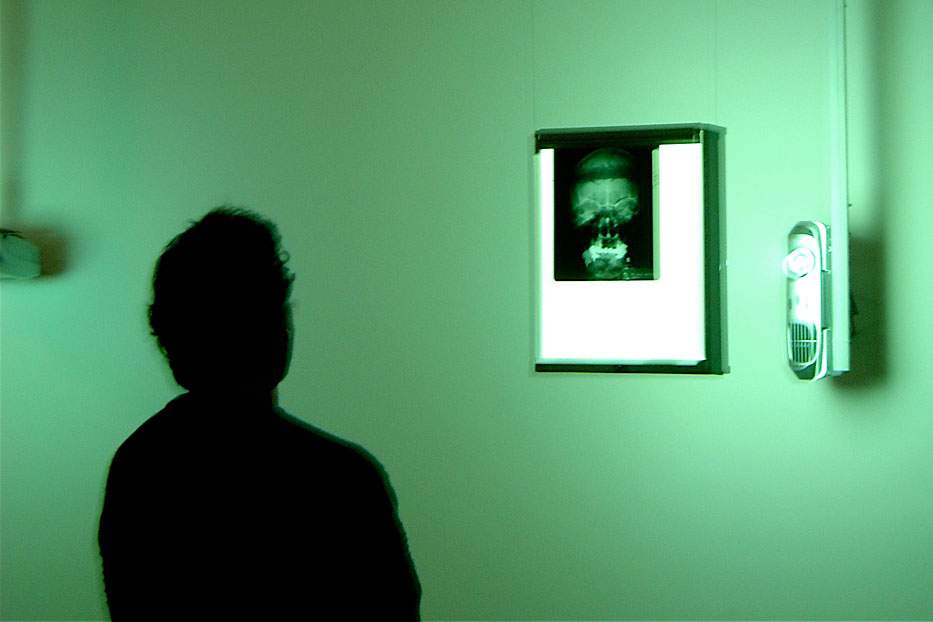
Many diagnosed with depression struggle to find the right medication, psychotherapy or some combination thereof. Because people respond differently to treatment, alleviating clinical depression is often a long process of trial and error.
Brain Scanning Technology
But scientists are getting closer to fine-tuning treatment strategies with the help of brain scanning technology. Brain scanners help scientists locate biomarkers that may indicate which therapies work best in a given person.
For example, researchers at Emory University did a study of 63 adults with major depression, scanning their brains to identify areas of irregular activity. The patients then underwent 12 weeks of treatment with either cognitive behavior therapy or medication.
Medicine vs. Psychotherapy
The study found that patients with high activity in a part of the brain called the anterior insula were successfully treated with drugs but not with psychotherapy. And vice versa, patients with low activity in that brain area responded well to psychotherapy but poorly to drugs.
The use of brain scanners is not yet ready for prime time. Research must first be done on larger groups of people to certify that biomarkers predict proper treatment. But in the near future, brain mapping may help navigate the medical mysteries that surround depression.
To read more on this topic, check out a recent post from A Moment of Science blogger Brienne Strohl.









